Can I Pass on my Patent to my Heirs?
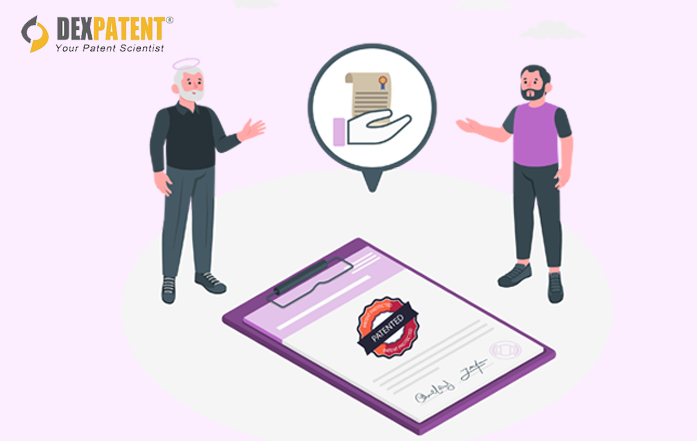
Every great invention starts with an idea. When a revolutionary idea emerges, it has the potential to transform the world as we know it. But beyond the recognition and fame that may come with a breakthrough invention, there’s also the question of what happens to it when the inventor/patent owner is no longer around. Can their patent be inherited, and if so, what implications does that have for the future of the invention?
Patents can be inherited and transferred to heirs, similar to other types of property assets. As a property right, a patent can be bought, sold, licensed, mortgaged, inherited, or given away just like any other form of property. Inheriting a patent can offer a valuable asset with multiple benefits, including the potential to generate income, safeguard intellectual property, and create a lasting legacy. But for a patent to be inherited, the patent must be valid and should not have expired.
This blog post delves into the intricacies of transferring patent rights and explores the potential recipients involved, offering readers a comprehensive understanding of the process by presenting a few scenarios as examples. Specifically, the post places emphasis on the transfer of patent rights following the demise of the owner, delving into the question of whether these rights expire or can be successfully bequeathed to other individuals. It also covers various scenarios that may arise following the patent owner’s demise, such as joint ownership or designated heirs or legal representatives, all within a 20-year timeframe.
Whether you’re an inventor seeking clarity or a curious reader intrigued by the legal implications of innovation and legacy, this thought-provoking and informative post provides valuable insights that will satisfy your curiosity and broaden your understanding.
Case 1: Inventor assigned patent rights to a company/ applicant/ assignee

When an inventor transfers their patent rights to a company, they relinquish control and ownership of the patent. This means that in the event of the inventor’s death, the patent rights cannot be transferred to their heirs or to anyone else. However, in specific cases, depending on the agreement between the company and the inventor during the transfer of patent rights, provisions may include a clause that allows the inventor’s heirs to receive a portion of the royalties from licensing activities. The patent rights remain with the company that has taken over the ownership of the patent. After acquiring the patent, the company can proceed to produce and sell the invention on a large scale and make it accessible to the public. Additionally, the company may have the opportunity to further develop the invention for alternative applications or explore additional uses beyond the initial scope. In some cases, the company may also be able to license the patent to other companies, allowing them to use the patented invention in their products.
Case 2: Inventor – Transferred rights via will
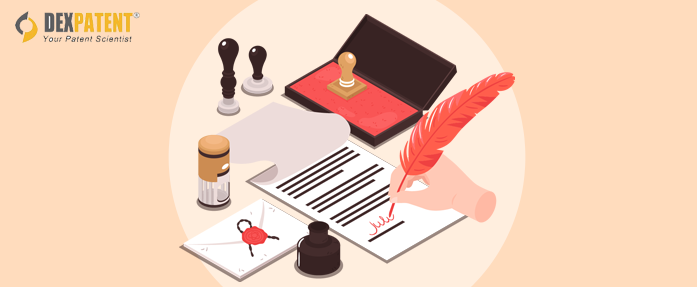
If the inventor of the patent is alive and has ownership of it, he can transfer the patent through a will. A will is a legally binding document that specifies how a person desires to distribute their assets and property after their death.
If the inventor did not have a will in place, the distribution of the patent would be governed by intestacy laws. In such cases, the patent would generally pass to the inventor’s heirs, who are typically determined based on familial relationships and the rules of inheritance specified by the applicable jurisdiction’s intestacy laws. This means that the patent would pass to the inventor’s legal heirs, such as their spouse, children, or other close relatives, depending on the specific laws in that patent jurisdiction. The patent will be distributed in the same way as all of the deceased person’s other assets, such as money, property, and other rights.
Intestacy refers to the legal process of distributing the property of a deceased person according to the law when there is no valid will. It is important to note that the laws of intestacy can vary significantly from one jurisdiction to another, and may not always reflect the deceased person’s wishes or intentions.
Case 3: Inventor – Transferred rights to trust
A trust is fiduciary relationship between two parties. One of the parties, the trustor, grants the other party, a trustee, the right of a specific asset or property, including patents, for the welfare of a third party, i.e., the beneficiary. Trusts can be used to transfer ownership and control over various forms of intellectual property, including patents, trademarks, copyrights, and trade secrets.
The trust document specifies who the beneficiaries are, and the trust will continue to hold the patent rights even after the patent owners’ death. The trust’s designated trustee will be responsible for managing and distributing the trust assets, including the patent rights, according to the terms of the trust.
There are several potential benefits to transferring intellectual property to a trust, such as reducing estate tax liability, providing for the orderly distribution of assets upon the owner’s death, and protecting the intellectual property from potential creditors. Additionally, trusts can provide a mechanism for managing and licensing intellectual property assets, which can help ensure that the assets are used in accordance with the owner’s wishes and maximize their value.
Case 4: Multiple inventors and one passes away
If a group of individuals hold a patent jointly and one of the joint owners dies, the ownership of the patent rights will depend on the specific terms of the joint ownership agreement, and the laws of the country where the patent was granted.
In general, when a joint inventor dies, their share of the patent rights may be transferred to their heirs or beneficiaries through a will or other estate planning documents. If there is no will or other estate planning documents, the transfer may be governed by the laws of the state or country where the joint inventor lived at the time of their death.
If the joint owners have a joint ownership agreement that specifies what happens to the patent rights in the event of one owner’s death, the agreement will typically control the transfer of the patent rights. The agreement may provide for the remaining owners to buy out the deceased owner’s share of the patent, or for the ownership to be transferred to the deceased owner’s heirs or beneficiaries.
Case 5: When an inventor dies before the grant of patent application
When a patent applicant dies before a patent is granted, the handling of the patent application is contingent on the legal rules and procedures of the country where the application was submitted.
In some cases, if the inventor was the sole owner of the patent application, and there are no designated heirs or legal representatives, the patent application may be abandoned. However, if there are designated heirs, they may be entitled to inherit the patent application and continue to pursue the patenting process.
In other cases, if the inventor was part of a joint venture or had co-inventors, the other inventors or partners may have rights to the patent application and may be able to continue the application process. In this case, the living co-inventors may be able to file a “substitute statement” with the patent office, which allows them to proceed with the patent application without the participation of the deceased co-inventor.
A substitute statement is a legal document that serves as a replacement for the original inventor’s oath or declaration. It allows the surviving co-inventors to fulfill the requirements of the application process, even if the deceased co-inventor was the one who originally signed the inventor’s oath or declaration. It is important to note that the substitute statement option may not be available in all countries or under all circumstances. The patent laws and procedures vary by jurisdiction, and the legal rights and obligations of the surviving co-inventors will depend on the specific circumstances of the case. It may also be necessary to provide documentation, such as a death certificate, to the relevant patent office or government agency.
Key Takeaways:
In conclusion, strategic planning and effective management of intellectual property assets, such as patents, can yield financial advantages not only for the individual but also for their family members. It is essential to take steps to protect these assets and ensure that they are effectively managed and distributed in the event of the owner’s death. This can be achieved through estate planning, including the creation of will, trust, and other legal documents that provide clear instructions on how the assets should be handled after death.
Furthermore, seeking guidance from legal professionals and financial planners can be highly advantageous when it comes to effectively managing intellectual property assets and guaranteeing their capacity to provide enduring financial security for the owner and their family. These experts can provide invaluable advice and assistance in maximizing the value of intellectual property, navigating legal complexities, and devising comprehensive strategies to optimize the financial benefits for all parties involved.
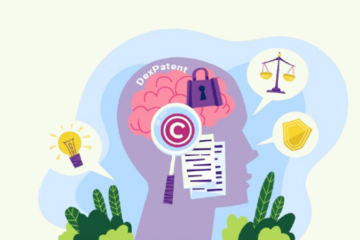

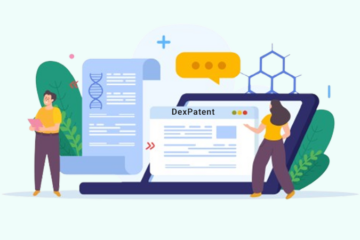
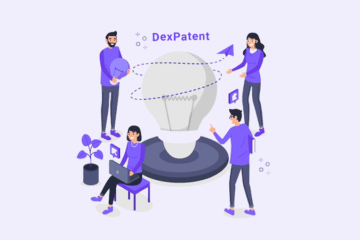

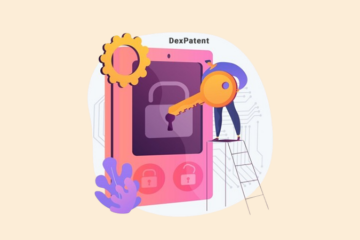






0 Comments